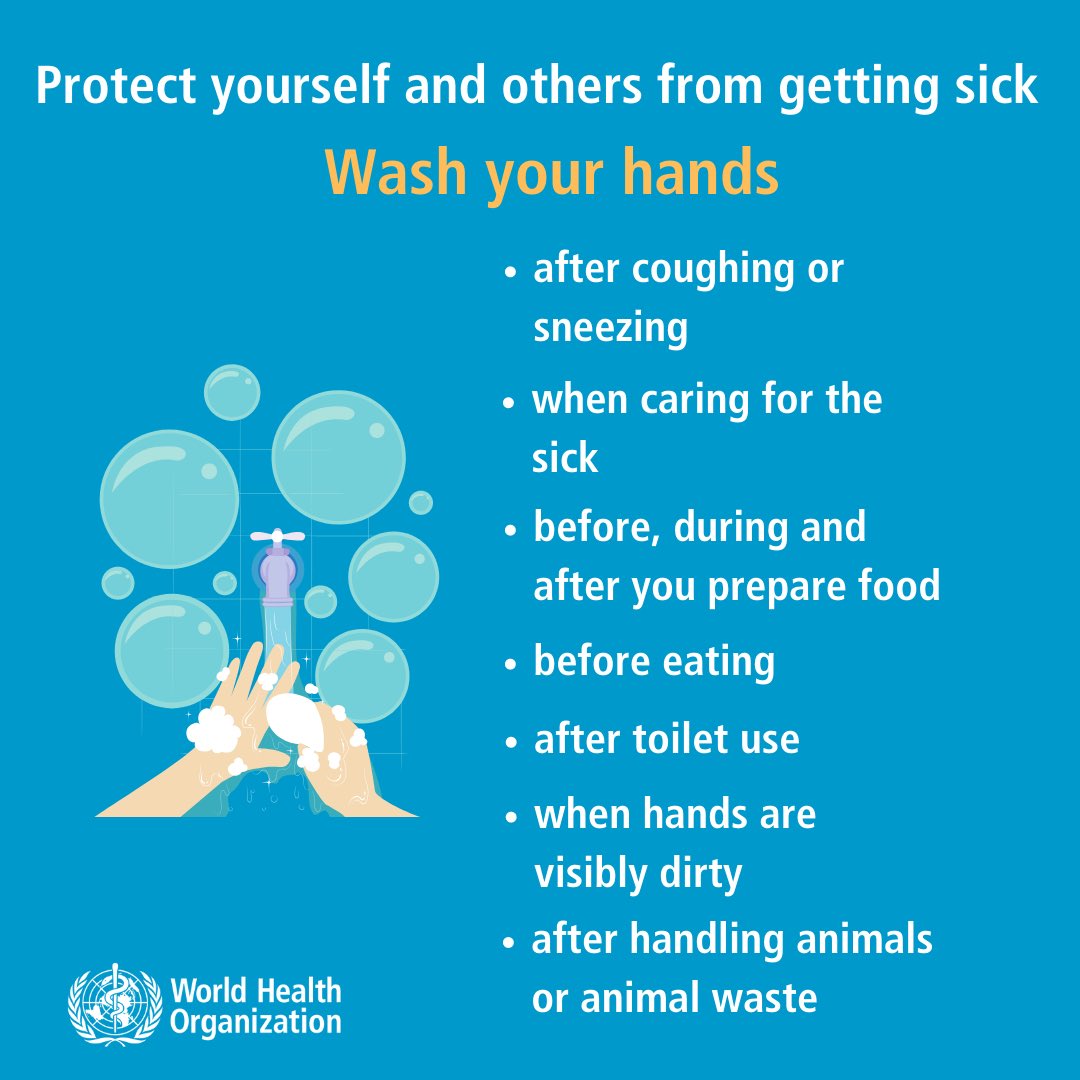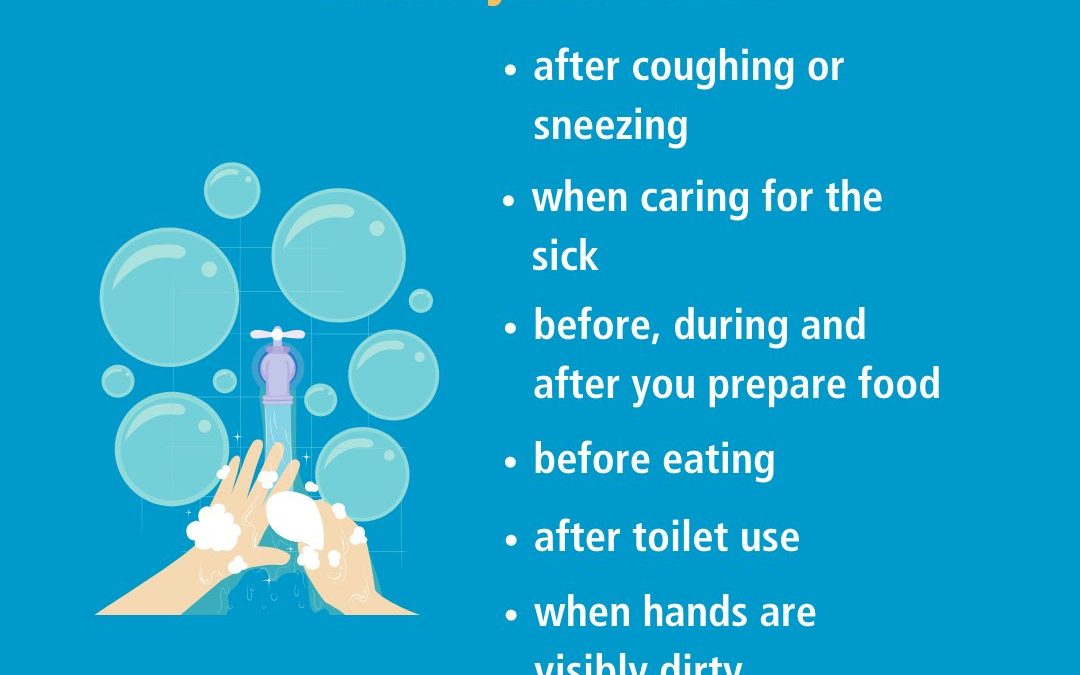Many people are worried because there is so much media coverage about the coronavirus (COVID19), including some rather frightening stories on social media. It leaves many wondering what they should do to prevent the illness, protect themselves and their families, and prepare for any disruptions the illness might cause.
Here at ESI EAP, we are neither physicians nor public health officials – but we have gathered reputable sources where you can find answers to questions you may have, along with prevention tips and preparation advice that we’ve gathered from these sources.
First, be aware that most of those who contract COVID19 recover. The people who are at greatest risk are seniors and people with existing health conditions. Fortunately, the risk for children is relatively low. The illness appears to be highly contagious and to have a one- to two-week period from exposure to symptoms. In fact, many people who get the illness don’t show symptoms – but they can be carriers. The high contagion rate and the fact that there is not yet a known treatment are the reasons why this gets so much attention. Public health officials are working to limit and contain the spread of the virus.
Stay informed
- Get information from reliable sources only – follow Centers for Disease Control (CDC) and the World Health Organization (WHO) for general information, symptoms, prevention, testing and more. Also follow information from your state and local health authorities on their websites or on their official Facebook or Twitter accounts. Johns Hopkins experts in global public health, infectious disease, and emergency preparedness offer a web resource to help advance the understanding of the virus, inform the public, and brief policymakers.
- BE CAREFUL about myths and rumors that circulate on social media. Make sure you are being informed by reputable authorities and health officials. Only share info from reputable sources.
- See answers to the CDC’s list of Frequently Asked Questions.
Practice recommended prevention hygiene
- Wash your hands – experts say this practice is your single greatest defense against coronavirus and many other illnesses. They suggest scrubbing hands with soap and water for 20 seconds, or about the time it takes to sing “Happy Birthday” twice. Wash your hands several times a day, particularly after going to the bathroom, blowing your nose, coughing, or sneezing and before eating or handling food. See more at the CDC’s hand washing page.
- Stop touching your face. Especially stop touching your eyes, nose or mouth. This is much harder than it sounds, and takes practice, but is essential because it prevents transmission of germs.
- Cover your cough or sneeze with a tissue, then throw the tissue in the trash.
- Health officials says that you don’t need a mask unless 1) you are caring for someone who is ill or 2) you are ill and you need to avoid spreading germs. See WHO advice on when and how to use masks.
- Some suggest temporarily dropping the practice of hand shaking. Dr. Tom Freidan, former director of the US Centers for Disease Control and Prevention (CDC) suggested; “Let’s stop shaking hands for a while. I prefer the traditional Southeast Asian hands-together namaste greeting, although the elbow bump is fun.”
- Use gloves or a tissue to press elevator buttons or to hold handrails.
- If you have international travel plans, stay on top of CDC traveler health warnings.
- Watch advice from local public health officials.
Prepare for potential disruptions
Health officials say that the overall risk in the U.S. is relatively low at present and to go about your day-to-day life but practice good protective hygiene to protect yourself and others. Some communities are facing pockets of illness and exposure. In such localities, health officials could impose local quarantines or business/school closings to prevent the spread of the virus. While this hopefully won’t happen, you should plan in advance how you would handle things should disruptions occur. Here are a few tips, but also review the CDC recommendations for getting your household ready for Coronavirus Disease.
- Update your home emergency kit and your family emergency practices, which you should do anyway!
- Keep a supply of your necessary prescriptions or usual medicine in the house for 2-4 weeks.
- Keep your doctor, pharmacy, health clinic numbers and insurance information handy.
- You might want to have a few extra staples and canned goods on hand, but don’t panic-buy. Unlike a storm, there should be no disruption of water, electricity or heat. If you should be confined to home, you can order from online delivery services.
- Make an emergency child care plan should there be any school closings. Can you work from home, or is there a relative or neighbor who can watch your kids while you work?
- Do welfare checks with elderly relatives and neighbors.
Should you or a loved one feel sick
- Experts recommend that you call before going to a Doctor, clinic or hospital
- Follow the CDC recommendations for what to do If you are sick with Coronavirus Disease
This 10-minute video clip presents information and prevention tips from two pathologists, who also tackle the most common myths about the coronavirus.


